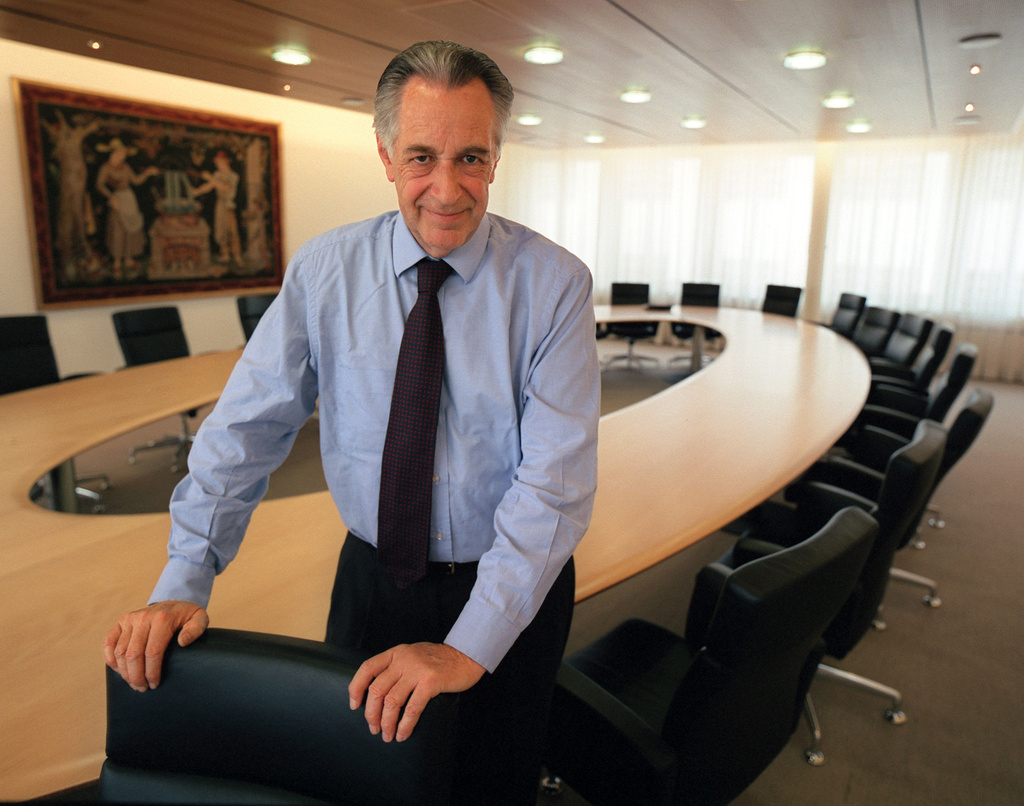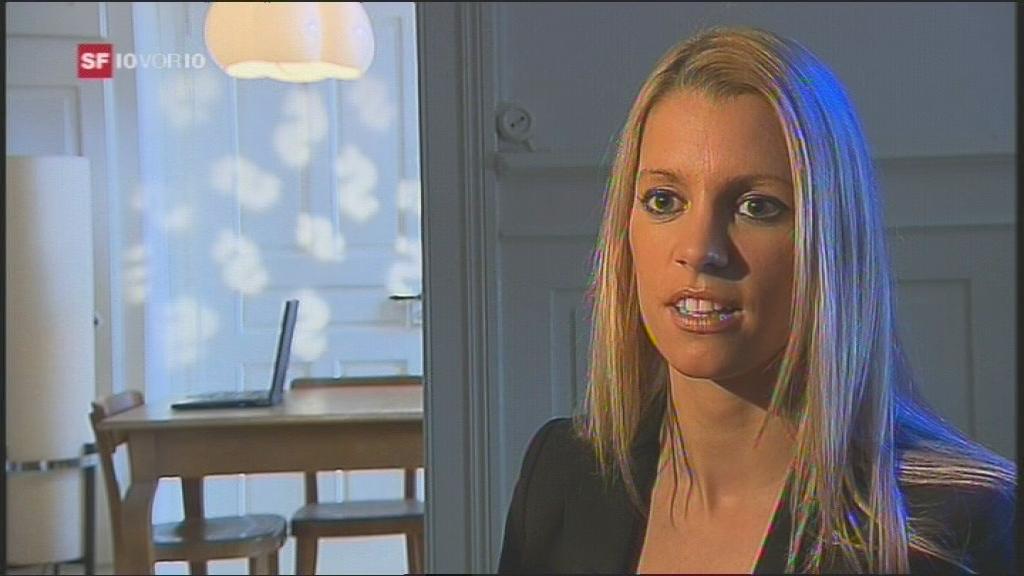Executive pay continues to confound

Swiss executives are still on short rations compared with the boom years as average pay levels failed to rise as much as expected in 2009, according to a report.
However, another survey produced earlier this year painted a rather darker picture, with the financial sector in particular being accused of excessively inflating executive pay and failing to fully disclose compensation policies.
In the background lurks a possible national vote on executive pay and a separate ongoing campaign to persuade more top companies to give shareholders a consultative vote on the way they reward leaders.
The Swiss office of global consultancy firm PricewaterhouseCoopers (PwC) released the results of their findings into 2009 executive and boardroom pay on Wednesday.
The report finds that average remuneration for chief executives of firms listed on the blue chip Swiss Market Index (SMI) increased 18 per cent to SFr8.2 million ($8.39 million) last year. This compares to an average compensation of SFr6.9 million in 2008.
The comparative compensation for chairmen rose even more dramatically by 21.8 per cent to SFr3 million. However, this figure was distorted by some CEOs switching to chairman last year, making it difficult to determine what proportion of their pay related to which role.
“No upward trend”
However, pay levels were static for other members of the SMI company boardrooms and with pay levels of all executives and board members at smaller SMIM (SMI Mid index) listed companies.
Stripping out the highest and lowest earners, the PwC report also found that most CEOs earned significantly less than in 2007.
“If we look at the last three years there is a sideways-downwards trend in relation to compensation for CEOs,” PwC partner Robert Kuipers told swissinfo.ch. “We see a similar development for board members. I cannot see any upward trend in total compensation.”
Kuipers also pointed to the decreasing proportion of base salary and cash bonuses being awarded to CEOs and an increase in variable pay linked to long-term targets. “One conclusion we could draw is that this heated debate [about executive pay] is paying off now,” he said.
But sustainable investment company Ethos Foundation, which has long campaigned against excessive pay levels and for greater transparency, sees things in a different light.
Its July report into 2009 executive and boardroom pay for 49 SMI and SMIM companies found that total pay had increased 21 per cent to SFr1.27 billion. Ethos also broke down the figures of the financial sector that saw a 73 per cent increase in compensation from 2008.
Axe to grind
CEO remuneration across the board increased by a fifth just over SFr5 million on average. In the financial sector the jump was 84 per cent to just under SFr7 million while CEOs in other sectors saw just a three per cent increase to SFr4.5 million.
Chairmen at banks, insurance companies and other financial firms received an 41 per cent pay hike to more than SFr2 million while counterparts in other industries saw compensation shrink 16 per cent to SFr1.8 million.
The Ethos report also called for more transparency for complicated deferred compensation schemes that pay out largely undisclosed amounts. One such scheme that was made public saw Credit Suisse CEO Brady Dougan receive SFr70 million this year for a performance related scheme set out five years ago.
Ethos concluded that financial pay in Switzerland was comparable to the pre-financial crisis levels enjoyed by top managers in 2004.
The starkly contrasting interpretations of the two reports can be largely explained by differences between the two author organizations. PwC advises many large firms while Ethos has a campaigning axe to grind.
New targets
Both organisations also highlighted difficulties in obtaining complete data on annual compensation awards compared to more transparent reporting countries, such as the United States.
The fierce debate is sure to continue in Switzerland, particularly with the public likely to be voting on an initiative to combat excessive salaries next year. As PwC put it, in its report: “A tectonic shift of the landscape of how pay is governed is, in fact, taking place.”
Switzerland’s financial regulator has already imposed restrictions on the remuneration policies of top firms in the sector. Performance related pay must have long-term sustainable targets with a claw-back system if they are not met, while firms must prove their system does not represent a threat to stability.
But Kuipers believes companies should help themselves by ensuring that shareholders have the right to vote for independent remuneration committees at general meetings. In addition, he believes that factors other than financial targets will play a greater role in determining managers’ pay.
“Qualitative measures are gaining in importance,” he told swissinfo.ch. “Client satisfaction, employee satisfaction, reputation and compliance targets are key topics that top executives should be measured by, and should be reflected in long-term incentives.”
The PricewaterhouseCoopers report on executive compensation and corporate governance for 2009 was released in Zurich on September 29.
The survey found that the structure of compensation was drifting away from base salary and cash bonuses to long-term incentive schemes.
SMI CEOs received 24% of their awards in base salary on average (29% in 2008) and 53% in long-term schemes (40%).
For SMIM companies, CEOs were awarded 36% in base salary on average (44% in 2008) and 32% in long term schemes (26%).
On top of analysing pay levels, the report also looked into a number of other areas.
It breaks down the gains realised and losses borne by changes to the price of shares owned by executives and board members.
In 2008, the median loss incurred by CEOs was SFr900,000 as share prices plummeted. The majority of chairmen lost SFr1 million while other board members suffered a SFr200,000 hit to the value of their holding.
Some 75% of managers made losses in 2008, but the picture changed in 2009, with share prices rallying, and the same percentage of bosses realising gains.
CEOs enjoyed a median gain of SFr480,000, chairmen SFr240,000 and other board members SFr50,000.

In compliance with the JTI standards
More: SWI swissinfo.ch certified by the Journalism Trust Initiative





You can find an overview of ongoing debates with our journalists here . Please join us!
If you want to start a conversation about a topic raised in this article or want to report factual errors, email us at english@swissinfo.ch.